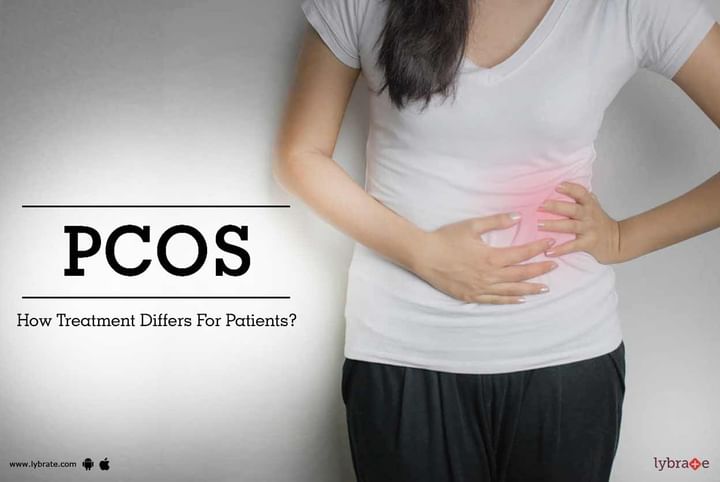PCOS - How Treatment Differs For Patients?
When female sex hormones such as Estrogen and Progesterone are out of balance and male hormone levels such as androgen are elevated within the body, it might lead to PCOD or polycystic ovarian disorder. This may cause the enlargement of the ovaries and numerous cysts to grow on the outer wall of the ovary. These growths can result in painful periods, infertility and several other symptoms because of the abnormalities in the body.
Most common symptoms of PCOS include:
1. Irregular and painful periods
2. Growth of facial and body hair also known as hirsutism (areas such as the face, fingers, toes)
3. Development of acne all over the body including the face
4. Sudden weight gain
5. Mood swings such as anxiety and depression
6. Thinning of hair
7. Pain in the pelvic area
Some of the other less common symptoms of PCOD are darkening of the skin, especially in the creases of the body such as the groin, neck, the area underneath the breasts and sleep disorders such as sleep apnea. Many women diagnosed with PCOD can have children without medical infertility treatment, although many other women tend to have fertility problems.
Causes
A few underlying factors have been noticed to be common in most cases. Some of these common factors that have been noticed are:
- Insulin Resistance: Insulin resistance is a condition wherein the body is either not able to produce enough insulin or cannot metabolize the sugar to produce energy. This results in blood sugar not being used up and thus accumulating within the blood which in turn forces more insulin to be made to compensate. High levels of insulin cause the ovaries to produce too much androgen which may lead to polycystic ovarian disorder. Insulin resistance can also lead to weight gain, which can worsen the symptoms of PCOD.
- Hormonal Imbalance: Women with PCOD have imbalances in certain hormones such as raised levels of testosterone, higher levels of prolactin and luteinizing hormone (LH), among others. The exact reasons for these imbalances are unknown. Scientists have suggested that the problem can start within the ovaries, or the part of the brain that controls their production of these hormones.
- Genetics: This syndrome runs in families; women with mothers, aunts, and sisters with PCOS have a higher chance of developing PCOD themselves. Genetics have definitely shown to have a correlation with the occurrence of the disorder.
Treatment
PCOD doesn’t have any treatment yet, but the symptoms can be managed through medications and healthy habits. Treatment for PCOD differs for every woman depending on factors such as:
- Severity of the symptoms
- Condition of the ovaries
- Plans to have children in the future
- Risk of long term health complications or current problems such as heart diseases or diabetes among others
- Some of the basic steps to manage PCOD at home are through weight loss, improving your diet, reducing blood glucose levels, amongst others.
Some medications that may be used to relieve symptoms of PCOD are
- Hormonal birth control pills - These regularize the period cycle, help reduce acne and extra hair growth and also help in prevention of unwanted pregnancies.
- Anti-androgen medicines - They can block the effects of excess androgen and thus help in reducing hair loss, facial and body hair growth and acne.
Certain medications which are used to treat type-2 diabetes have also been put to the test and have shown effective results in trials. However, these have still not been approved by the regulatory authorities.
In case you have a concern or query you can always consult an expert & get answers to your questions!



+1.svg)
